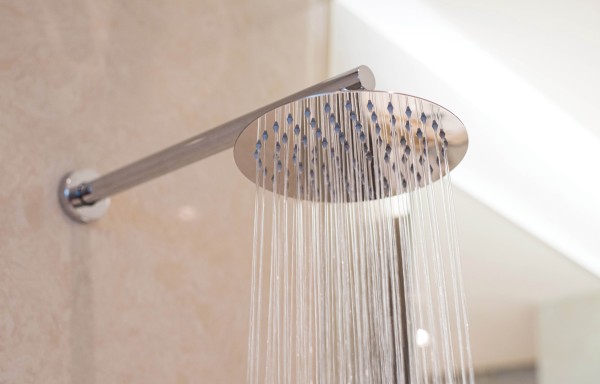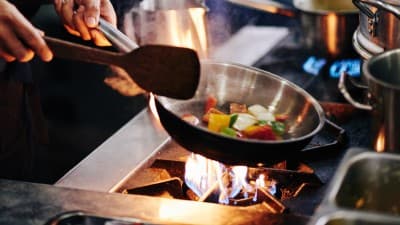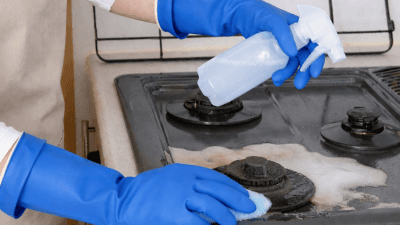We’ve all been there - mid-shampoo and suddenly the water runs cold. Whether it’s multiple showers or the dishwasher kicking in, hot water runs out faster than you think. In fact, water heating makes up about a third of the average household’s energy use. Is your system up to the task?
Switching to gas hot water heating means instant, reliable hot water - whenever you need it.
Limitless hot water, when you need it
In small households, a water cylinder may be perfectly capable of holding enough hot water for one or two consecutive showers. But for larger households, it can be a real juggle to make sure mum, dad, and three teenagers can each enjoy a hot shower at the same time of day. A surprising number of households need staggered showering systems to ration out the hot water in the house or are left with no hot water to do the dishes after everyone has finished in the bathroom.

That’s not a problem with a gas hot water system. You get limitless hot water on demand, because the gas is instantly heating up the water as it flows through the system. The amount of hot water isn’t limited by the size of your cylinder, so even the largest families can have consecutive showers. Everyone can have their shower when it suits them best, and nobody is left out in the cold. Although, ideally, you should keep your showers short to reduce your energy bills and water use.
Ideal for small homes with limited space
With a gas hot water heating system, you don’t need a hot water cylinder. This can free up a surprising amount of room in a small house. When space is at a premium, this can be brilliant – we’ve seen hot water cupboards converted into laundries, pantries, toilets and extra storage spaces.
Set the temperature to suit your needs

Hot water cylinders need to be set at 60oC to prevent the growth of legionella bacteria, which causes legionnaire’s disease. It should be leaving the tap at no more than 55oC to prevent burns. An Otago University study found 41.9% of homes had water that was below 60oC (too cold to be safe) and 27.3% had water above 70%, which was dangerously hot. This is not a concern with a gas continuous flow system. There is no cylinder, so there’s no large body of water where legionella bacteria can accumulate. This means you can set the temperature at a level below 60oC without being concerned about bacterial growth, preventing the risk of scalding. Many people choose a maximum of 50oC, for instance.
Gas provides continuous flow hot water
Natural gas provides as much hot water as you need which makes it an excellent choice for your home. A continuous flow water heater is small and easy to install outside, freeing up storage space inside. It heats the water as long as the tap is turned on, so you never run out. No hot water sits in storage, so you only heat what you need. The systems come in a range of sizes. Some models do not require electricity and can operate even when power is off. They can operate on mains pressure, unequal pressure or low pressure.
Could gas be right for you?
Find out how you could get connected to gas, and the future of gas.





